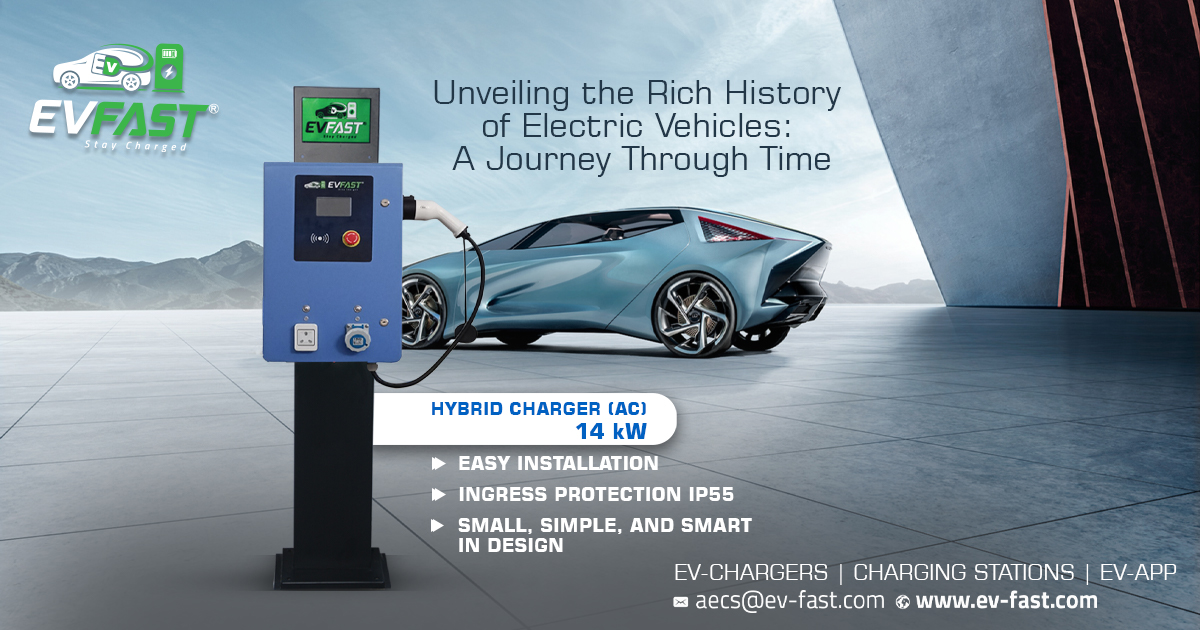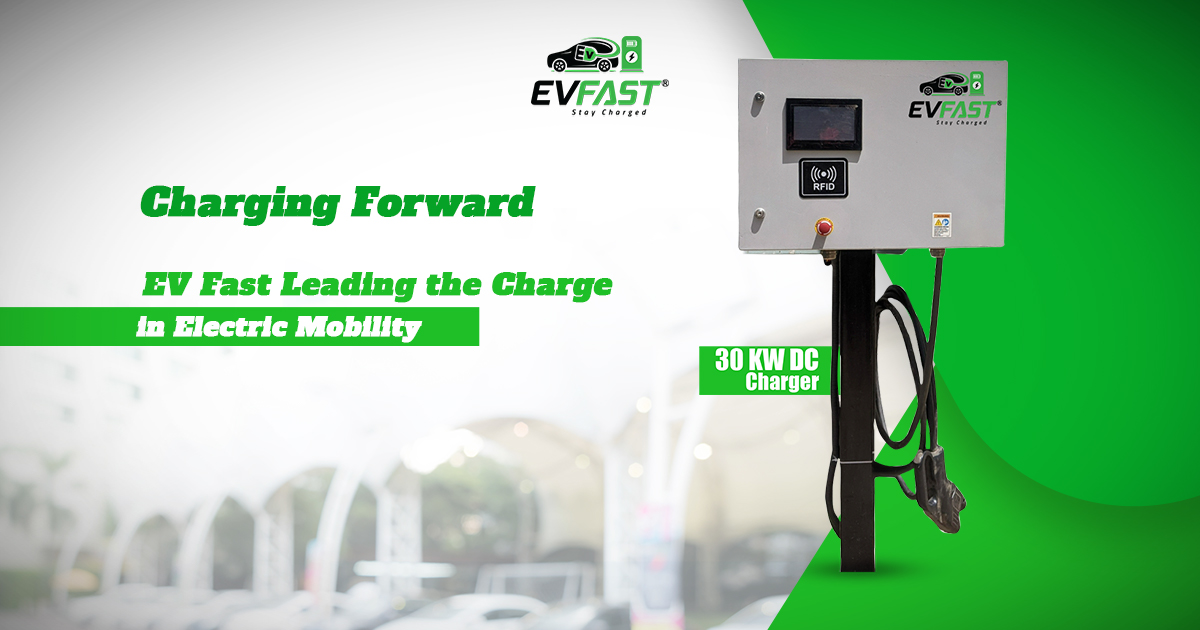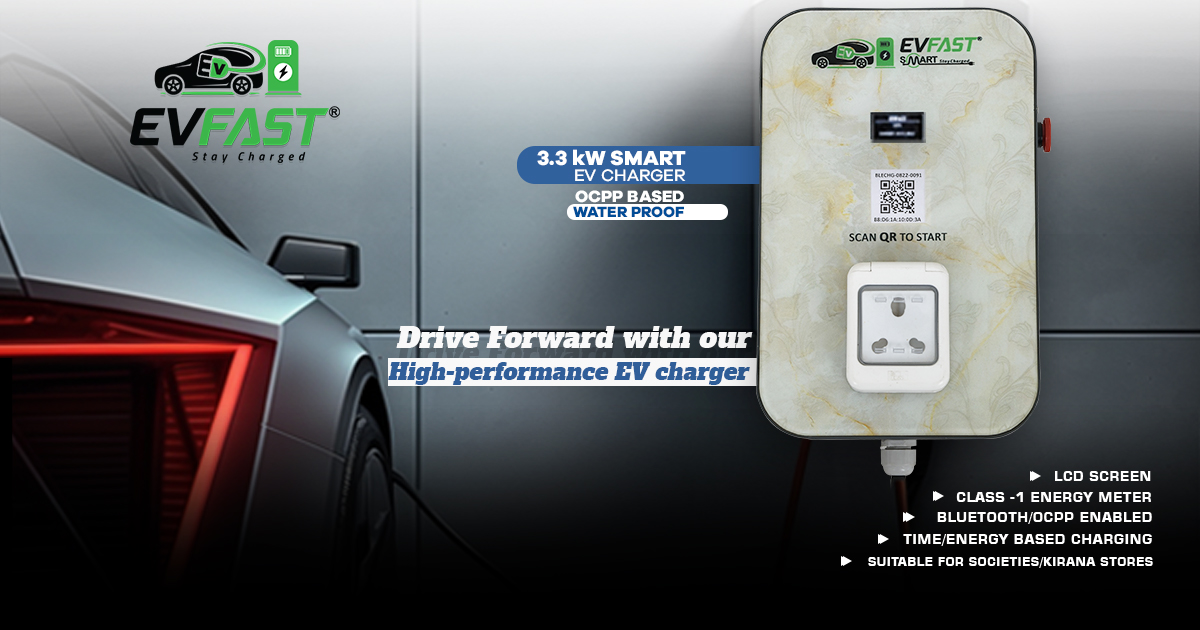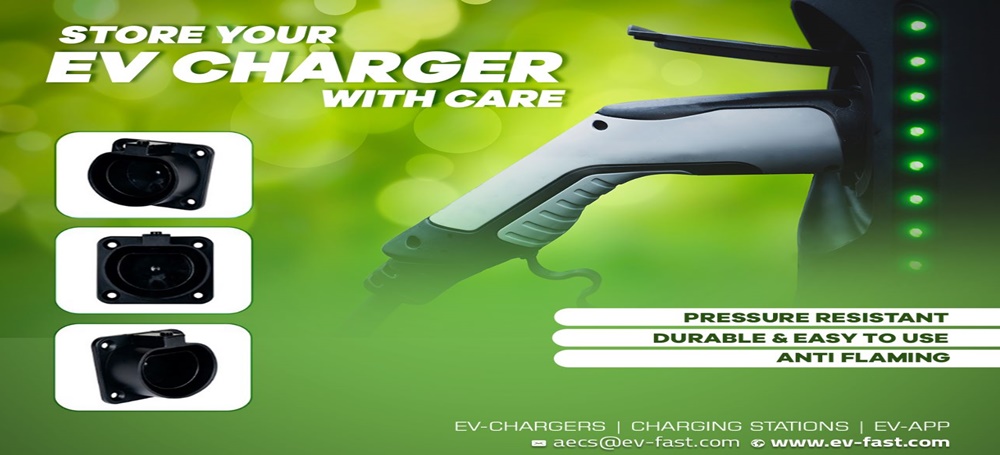In today’s era of sustainability and environmental consciousness, electric vehicles (EVs) have emerged as a prominent solution to combat climate change and reduce reliance on fossil fuels. However, the concept of electric vehicles is not a recent phenomenon. In fact, the history of electric vehicles dates back much further than many realize. Many alternative fuels are coming at the place of petrol like ethanol blending to minimize the carbon emission but electric vehicles are at the forefront with minimum carbon footprint. As a trusted electric vehicle chargers manufacturer dedicated to powering the future of transportation, EV Fast is proud to delve into the rich history of electric vehicles.
The Early Beginnings: 19th Century Innovations
The roots of electric vehicles can be traced back to the 19th century when inventors and visionaries began experimenting with electric propulsion. In 1835, Professor Sibrandus Stratingh and his assistant Christopher Becker built the first electric vehicle—a small-scale carriage powered by non-rechargeable primary cells. Over the years, advancements in battery technology, including the invention of rechargeable lead-acid batteries by Gaston Planté in 1859, paved the way for further development of electric vehicles.
Rise, Fall, and Revival: The 20th Century Journey
Throughout the 20th century, electric vehicles experienced periods of both growth and decline. In the late 1800s and early 1900s, electric vehicles gained popularity, particularly in urban areas, due to their quiet operation and lack of emissions. Companies like the Columbia Automobile Company and Detroit Electric produced electric cars that appealed to affluent consumers.
However, the mass production of gasoline-powered vehicles by companies like Ford and General Motors led to a decline in the popularity of electric vehicles. With the discovery of abundant oil reserves and the development of internal combustion engines, gasoline-powered cars dominated the automotive market for decades.
It wasn’t until the late 20th century, with growing concerns about air pollution and greenhouse gas emissions, that electric vehicles experienced a revival. Innovations in battery technology, advancements in electric motor efficiency, and increased environmental awareness reignited interest in electric propulsion as a sustainable transportation solution.
The Modern Era: Electric Vehicles Today
In the 21st century, electric vehicles have become increasingly prevalent, thanks to advancements in battery technology, government incentives, and changing consumer attitudes. Companies like Tesla, Nissan, and Chevrolet have led the charge in producing electric vehicles with longer range, faster charging capabilities, and enhanced performance.
One critical aspect of the electric vehicle ecosystem is the infrastructure for charging. Electric Vehicle Chargers, including fast chargers and Level 2 chargers, play a crucial role in enabling the widespread adoption of electric vehicles by providing convenient and accessible charging solutions for drivers.
Powering the Future with EV Fast
As electric vehicles continue to gain momentum worldwide, the demand for reliable and efficient Electric Vehicle Chargers is greater than ever. At EV Fast, we are committed to powering the future of transportation by providing cutting-edge charging solutions for electric vehicle owners and operators. Contact us today to learn more about our comprehensive range of Electric Vehicle Chargers and join us in driving towards a cleaner, greener future.







